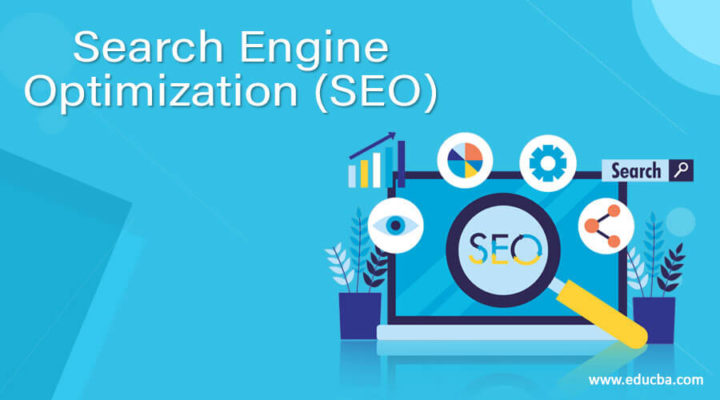
Your website is the key to your company’s success. It’s not an exaggeration – it’s the truth. One of the best ways to optimize your site for search engines is by partnering with a branding agency. Branding agencies can help design and build websites that are SEO-friendly, innovative, and attractive to visitors. They offer services like conversion rate optimization, social media marketing, and email marketing that will help you get your products or services in front of more people. If you’re looking for a way to stand out from competitors, here are some benefits of working with a branding agency.
Why you need a branding agency?
branding agency is a partner that helps you develop a professional website that will help your customers find you. A well-designed, innovative website is critical if you want to stay ahead of your competition. Without a modern, user-friendly website, your website is going to be buried on the search engine page or not even show up at all. Branding agencies will help you design a website that is optimized for search engines and looks good on the web.
In addition, a branding agency can provide you with a variety of marketing services that will help you grow your business. Services like conversion optimization, social media marketing, and email marketing can really help your business grow. They can post content about you on social media platforms and send out emails to people they think would be interested in your products or services.
1. Make your website useful for your specific audience
Marketers sometimes feel as though they’re at odds with Google. The search engine fails to rank their best content, for instance, or they see a huge drop in traffic after an algorithmic update.
In reality, though, your goals and Google’s are the same:
- Serve up the best possible content for your audience
- Create a positive website user experience
- Prioritize content that offers significant value
You just go about it in different ways. Google’s analyzing millions of websites, while you’re analyzing your specific audience’s behaviors.
Google uses more than 200 ranking signals to decide which pieces of content appear on the first page of the search engine results. The algorithm pays careful attention to signs that a particular web page will give searchers the information they seek.
When you focus on SEO, you choose primary and latent semantic keywords related to search intent. You write content that people love to read and make sure you provide meta information to help Google better understand the copy.
If you optimize your website for conversions, you focus on guiding visitors toward a specific goal, whether it’s joining your email list or buying one of your products. Just like Google, you want to give your audience exactly what those consumers want.
Knowing how to optimize your website for SEO and conversions simultaneously furthers both of those goals and creates a better relationship between your site and the search engines.
2. Grow your organic traffic
The average business spends about 1 percent of its total revenue on advertising. If your business rakes in $1 million per year, you might spend $10,000 on advertising.
While that might seem like a small percentage, it adds up. Some industries, such as retail, spend considerably more on ads.
Attracting organic traffic through SEO, however, is free. You have to pay to develop and promote the content, but that’s not nearly as expensive as pay-per-click.
When you compare the close rate between searchers who arrive at your site via organic search and those that come via paid ads, the results are illustrative. Organic search closes at nearly 15 percent, while paid search closes at less than 2 percent.
Invest your time and, if necessary, money into growing your organic traffic. It might take longer, but the results last longer and result in more conversions.
3. Capitalize on existing traffic
When people visit your website, you don’t want them to poke around and leave. Instead, you want to make a lasting impression and encourage them to return.
Learning how to optimize your website for conversions requires an understanding of the user experience. Figure out how visitors navigate your site, whether they scroll down the page, and how often they click on your calls to action (CTAs).
If someone signs up for your email list, you can contact them at a later date with offers, incentives, and more. You can also encourage visitors to follow you on social, visit your product pages, and read your blog posts.